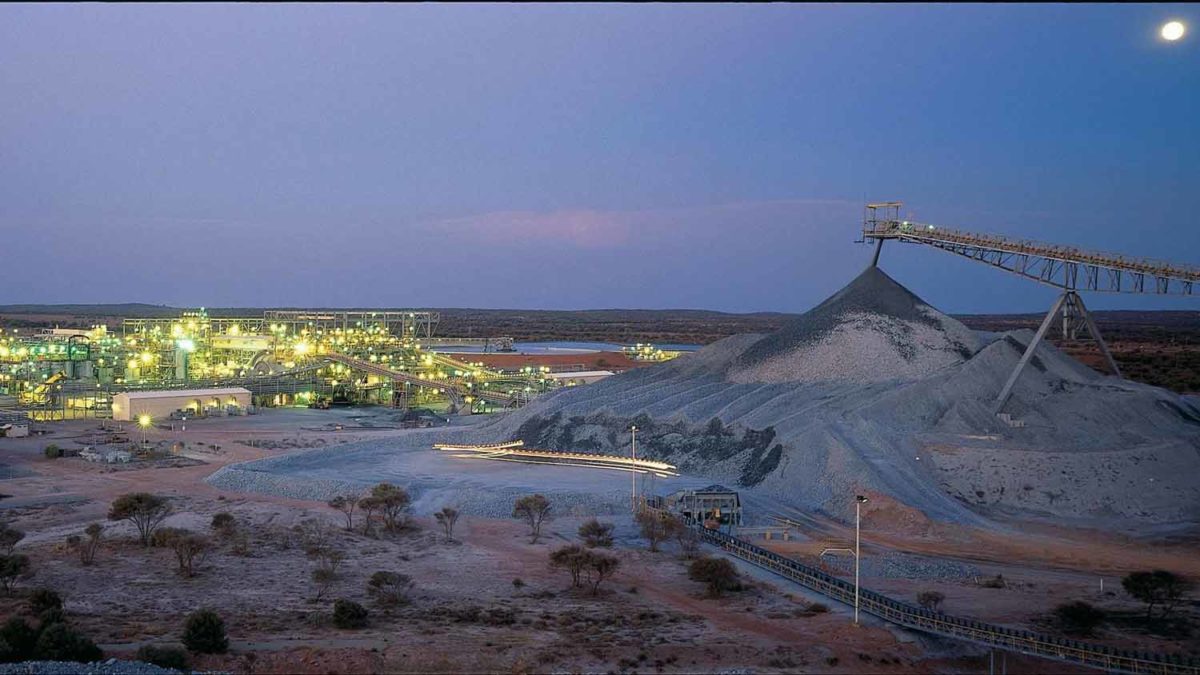In a timely demonstration of the detachment of the market and the electorate, BHP Chief Financial Officer, Peter Beaven, has told investors and analysts at a strategy briefing last week that the mining giant will shift its attentions away from thermal coal and more toward oil, copper and nickel; citing the latter two minerals for their usage in electric vehicles, the sector BHP believes is rapidly approaching.
This shift in BHP’s long-term strategy comes several months after similar shifts from other major commodities giants, such as Glencore and Rio Tinto, also made it known they were limiting their coal production, or as is the case with Rio Tinto, abandoning fossil fuels completely.
BHP realise that fossil fuels will be phased out, “potentially sooner than expected… the world will be a very different place in 10 to 20 years’ time,” said Beaven. The CFO noted that the electrification of transport and the decarbonisation of stationary power were moulding a future without fossil fuels – making copper, nickel, and nickel sulphides sound investments for the future.
“The world, and societal expectations, are changing profoundly, and we must respond to these changes – just as we must respond to changes occurring directly in our commodity markets,” said Beaven.
This represents a U-turn for BHP on its previous prioritising of thermal coal and undervaluing of copper and nickel, key battery components. Only a few years ago BHP put its Nickel West project in Western Australia up for sale. Now the company is holding onto Nickel West and actually expanding its mineral sites in both Western and South Australia. According to its CFO, management has “no appetite for growth in energy coal regardless of asset attractiveness”. Beaven even suggested BHP could put the Mt Arthur Coal Mine in NSW up for sale.
BHP’s foresight is tracking closely with the future of battery usage, with BHP believing cobalt, a necessary component of lithium-ion batteries, will lose out to nickel. “While demand for batteries will drive lithium and, to a lesser extent, cobalt demand,” said Beaven, “we also believe that abundant supply of the former, and substitution of the latter, reduces the attractiveness of these commodities for us.”
Similarly, BHP does not seem interested in engaging in lithium mining itself, especially with rival companies like Albermale quickly buying up the world’s lithium resources. BHP would rather dominate nickel than wrestle for lithium and cobalt.
BHP’s move away from thermal coal is timely to say the least. According to Fitch Solutions, the price of thermal coal is expected to dip from $99/tonne in February to around $85/tonne through the mid-part of 2019. Much of this dip will be brought about by some of Australia’s biggest Asian trading partners.
South Korea, representing 15% of Australian thermal coal exports, is raising taxes on thermal coal by 27% in 2019. And Japan, which accounted for 39% of Australian coal exports in 2018, is moving away from coal altogether with the strengthening of their environmental stance. In March Japan’s environment minister Yoshiaki Harada announced a “policy initiative” that no further construction or expansion of coal-fired power plants would be approved, reported Asahi Shimbun the national newspaper.
The announcement from BHP came mere days after the Australian election swung in favour of coal and away from renewables – at least superficially. The electorate may not have been swayed by arguments for the prudence of renewables, but clearly some of the markets’ biggest players have been, and are dramatically shifting their long-term strategies to best incorporate the renewable revolution, especially as is the case for mining giants like BHP, in the minerals required for battery storage.
Author: Blake Matich
This content is protected by copyright and may not be reused. If you want to cooperate with us and would like to reuse some of our content, please contact: editors@pv-magazine.com.








The mid-year downward trend in thermal coal prices for northern hemisphere customers is also known as summer. The Australian federal election was not a contest of renewables vs coal, noting that non-coal seats changed hands along the east coast. BHP is also maintaining its considerable investment in Queensland metallurgical coal for which even Greens party policy makes concession.